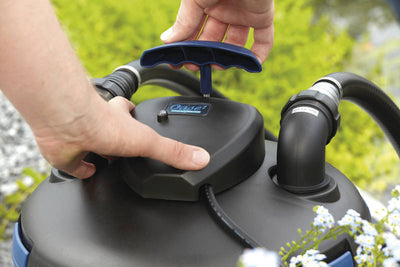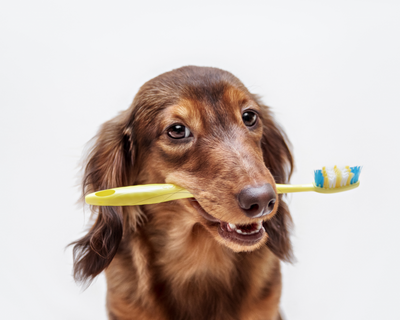
Kennel cough is a highly contagious respiratory infection that affects dogs of all ages and breeds.
It is caused by a combination of viruses and bacteria and can spread quickly in places where dogs are in close proximity, such as kennels or dog parks.
Prevention includes vaccination and avoiding exposure to infected dogs.
In this guide, we'll cover the symptoms, treatment options, and prevention methods for kennel cough in dogs.
What is Kennel Cough?
Kennel cough, also known as canine infectious tracheobronchitis, is a respiratory infection that affects dogs. It is caused by a combination of viruses and bacteria, including the bacterium Bordetella bronchiseptica and the canine parainfluenza virus. Kennel cough is highly contagious and can spread quickly in places where dogs are in close proximity, such as kennels, dog parks, and grooming facilities. Symptoms of kennel cough include a dry, hacking cough, sneezing, and nasal discharge. While kennel cough is usually not serious, it can lead to more severe respiratory infections in some cases.
Symptoms of Kennel Cough in Dogs.
The most common symptom of kennel cough in dogs is a dry, hacking cough that sounds like a honking noise. This cough is often accompanied by retching or gagging, and may be more frequent when the dog is excited or exercising. Other symptoms of kennel cough can include sneezing, nasal discharge, and a mild fever. In some cases, dogs with kennel cough may also experience lethargy and loss of appetite. If you notice any of these symptoms in your dog, it’s important to take them to the vet for a proper diagnosis and treatment.
Treatment Options for Kennel Cough.
Treatment for kennel cough in dogs typically involves a combination of medications and supportive care. Antibiotics may be prescribed to treat any bacterial infections that may be contributing to the cough. Cough suppressants may also be given to help alleviate the symptoms and make your dog more comfortable. In severe cases, hospitalisation may be necessary to provide oxygen therapy and intravenous fluids. It’s important to follow your vet’s instructions closely and complete the full course of treatment to ensure a full recovery. Additionally, prevention measures such as vaccination and avoiding exposure to infected dogs can help reduce the risk of kennel cough.
How Long Does Kennel Cough Last?
While most dogs recover within 1 to 3 weeks, it can take some dogs up to 6 weeks. It's important to monitor their symptoms and seek veterinary care if they don't improve or if they show signs of more serious conditions like pneumonia. Prevention is key, and vaccination is available for dogs at risk of exposure to kennel cough, such as those who frequently visit boarding facilities or dog parks. Regular hand washing and disinfection of shared surfaces can also help prevent the spread of this contagious infection.
Preventing Kennel Cough in Dogs.
Kennel cough is a highly contagious respiratory infection that can be easily prevented through vaccination and avoiding exposure to infected dogs. Vaccines are available for both the Bordetella bronchiseptica and canine parainfluenza virus, which are the most common causes of kennel cough. It’s important to keep your dog’s vaccinations up to date and avoid taking them to places where they may come into contact with infected dogs, such as boarding facilities or dog parks.
Additionally, practicing good hygiene, such as washing your hands and disinfecting surfaces, can help prevent the spread of the infection.
When to See a Veterinarian for Kennel Cough.

If your dog is showing symptoms of kennel cough, such as a persistent cough, sneezing, or nasal discharge, it’s important to see a veterinarian. While kennel cough is usually a mild illness that can be treated at home, it can sometimes lead to more serious complications, such as pneumonia. Your veterinarian can provide treatment options, such as antibiotics or cough suppressants, and monitor your dog’s condition to ensure they recover fully.
Additionally, if your dog has been exposed to other dogs with kennel cough, it’s important to inform your veterinarian so they can take appropriate precautions.
© weknowpets 2023





